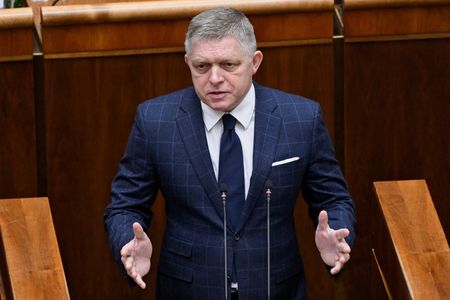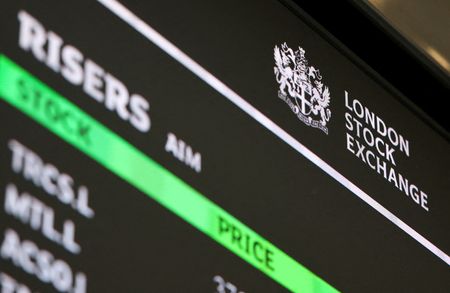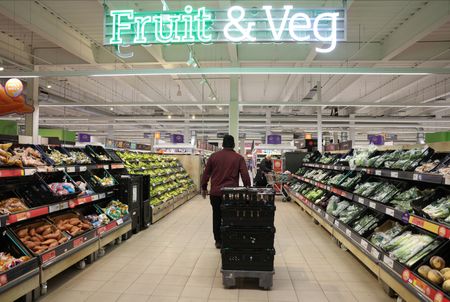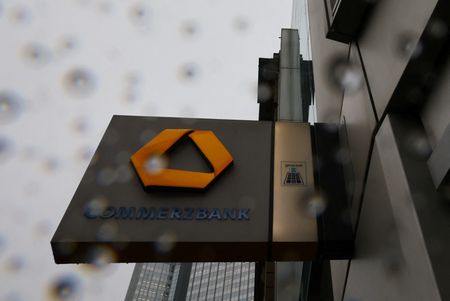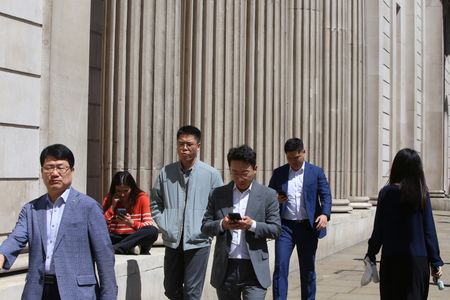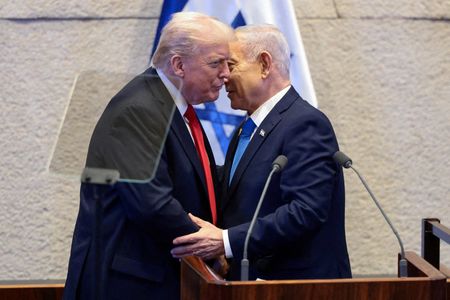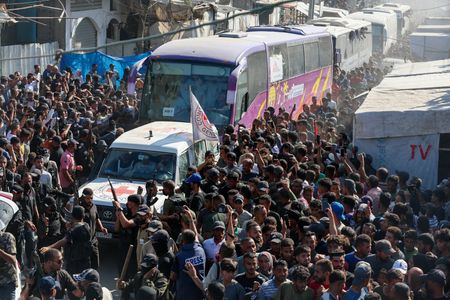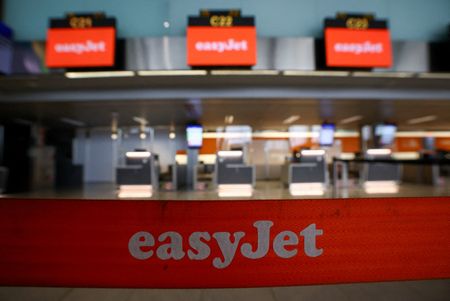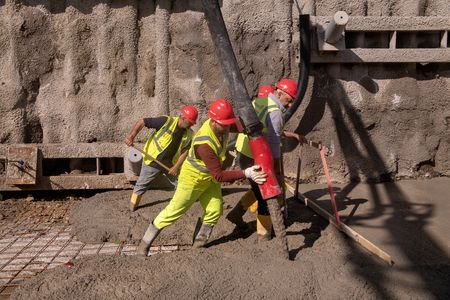By Jan Lopatka and Jason Hovet
(Reuters) -Slovak Prime Minister Robert Fico’s administration plans measures to prevent long-running public protests from escalating into attempts at overthrowing the government, citing intelligence showing opponents seeking to gain power.
Protest organisers and opposition parties have firmly rejected Fico’s accusations, and say Fico is abusing security agencies and seeking to silence opponents in order to distract from policy problems faced by his fragile ruling coalition.
Fico returned as prime minister for a fourth time in 2023, and protests have built amid worries over his leftist-nationalist government weakening democratic values and shifting foreign policy away from EU and NATO allies and closer to Russia.
Fico has also stepped up attacks against the liberal and conservative opposition since he survived an assassination attempt last year.
He said this week that opposition groups planned to escalate their protests and create chaos, including through the occupation of government buildings.
Citing information from intelligence services, Fico reiterated accusations, without showing evidence, that there was a group of unidentified experts in Slovakia that had helped in protests in Ukraine in 2014 and Georgia last year.
“We see a structure that wants to abuse these (protest) meetings mainly for a potential clash with the state security apparatus to further escalate tension, further foster aggression,” Fico told a televised briefing.
He said it was part of plans to block roads, public spaces, take over government buildings and “disrupt” the government.
“This is an attempt to organise a normal coup in Slovakia,” he said, adding the political opposition was connected.
The main opposition party Progressive Slovakia has called the accusations delusions.
“It is unacceptable for leading representatives to spread panic and fear,” its leader Michal Simecka said. “There is no threat of a coup … and all know it. It all serves for Fico to deflect attention from his failures.”
PROTESTS PLANNED
Civic group Mier Ukrajine (Peace to Ukraine), the main organiser of protests including one scheduled on Friday evening, questioned Fico’s accusations in a statement earlier on Thursday and said its protests have always been peaceful.
Around 15,000 people attended the last protest in Bratislava on Jan. 10 in a rebuke to Fico for flying to Moscow in December to meet Russian President Vladimir Putin, a rare encounter for an EU leader since Russia invaded Ukraine in 2022.
Fico’s government has revamped the public broadcaster, fought with media, softened prosecution of economic crimes, and ended state military support to Kyiv. Fico has threatened to cut aid to Ukraine after it halted Russian gas transit through its territory on Jan. 1.
The 60-year leader became increasingly anti-liberal after protests forced him to resign in 2018 following the murder of an investigative journalist. In May last year, a lone gunman shot and wounded him, protesting against his policies.
(Reporting by Jan Lopatka and Jason Hovet in Prague; Editing by Alex Richardson, William Maclean)

